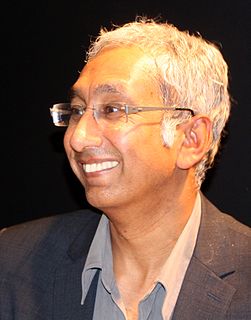A Quote by Anatol Rapoport
The outcome of a non-constant-sum game may be dictated by the individual rationality of the respective players without satisfying a criterion of collective rationality.
Quote Topics
Related Quotes
Why continue? Because we must. Because we have the call. Because it is nobler to fight for rationality without winning than to give up in the face of continued defeats. Because whatever true progress humanity makes is through the rationality of the occasional individual and because any one individual we may win for the cause may do more for humanity than a hundred thousand who hug their superstitions to their breast.
I would warn against too much of a radical devotion to rationality. Rationality is an illusion, an invented concept, a construct from the mind of man. It is not a property of the universe. Rationality may be a useful tool when it suits our purposes, however, it is merely a measuring stick, calibrated against what we know of the nature of the universe - all of which may or may not be completely inaccurate.
It is not rational to assume, without evidence, that rationality can disclose everything about the world, just because it can disclose some things. Our intuition in favour of rationality, where we are inclined to use it, is just that - an intuition. Reason is founded in intuition and ends in intuition, like a pair of massive bookends.
I think excessive rationality can be very dangerous. Certainly the kind of rationality we've seen in the last hundred years, and still see on a daily basis when Madeleine Albright says that it's all right, we have to live with the idea of hundreds of thousands of Iraqi children dying because it contains Saddam Hussein.
Just as there is no such thing as a collective or racial mind, so there is no such thing as a collective or racial achievement. There are only individual minds and individual achievements-an d a culture is not the anonymous product of undifferentiate d masses, but the sum of the intellectual achievements of individual men.
Moral questions may not have objective answers-whether revealed by God or by science-but they do have rational ones, answers rooted in a rationality that emerges out of social need. That rationality can only be discovered through exercising the human potential for rational dialogue, the potential for thinking about the world, and for discussing, debating and persuading others. Values can never be entirely wrenched apart from facts; but neither can they be collapsed into facts. It is the existence of humans as moral agents that allows us to act as the bridge between facts and values.
I mean, I think it's a two-way relationship: I think you should not have too much faith in your own rationality. You should not have too much faith in the rationality of, you know, anybody else either. We all learn together about the way the world is, and I think it's a sort of antidote to wishful thinking of all kinds.





































